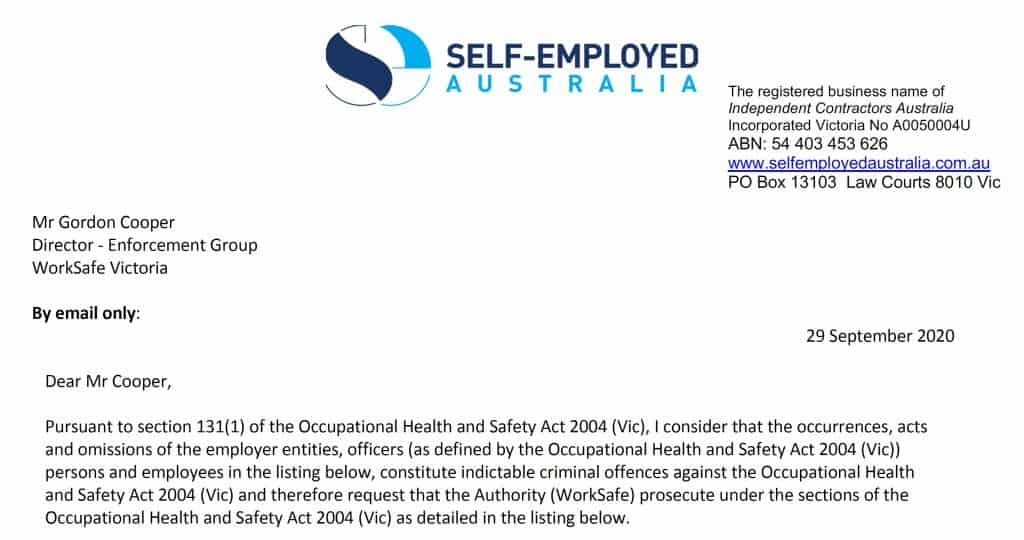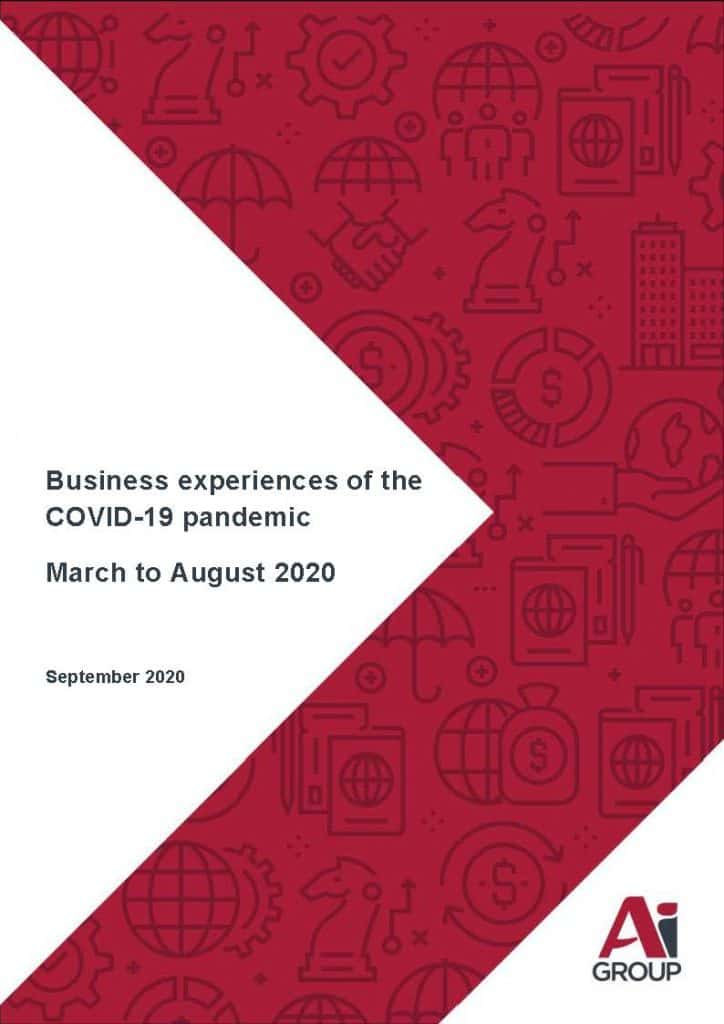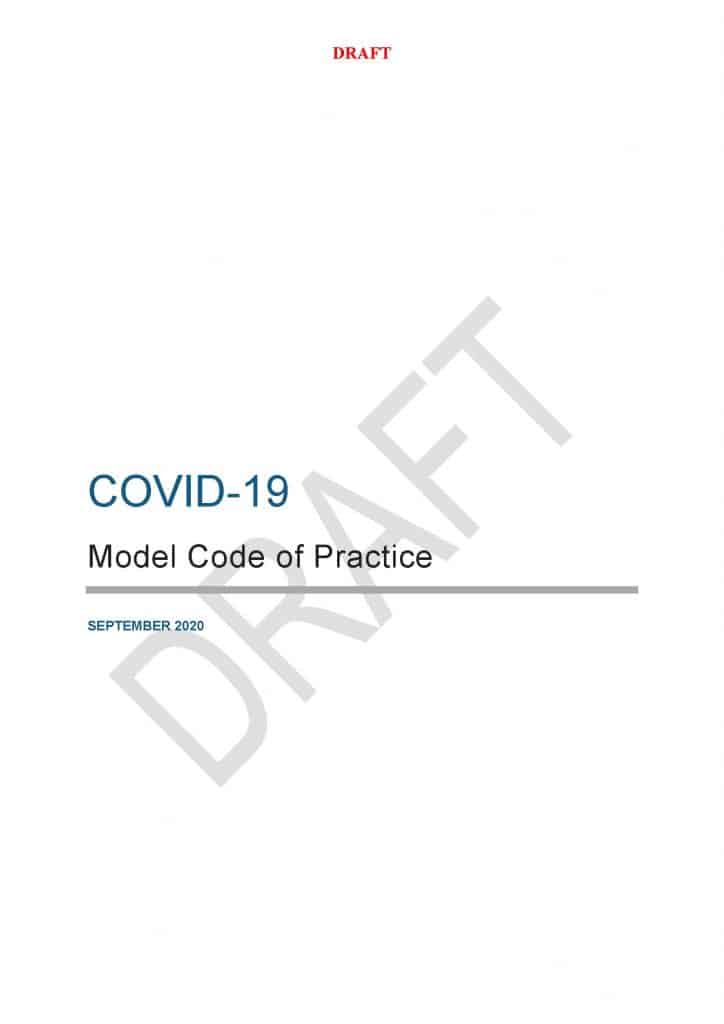
The Australian newspaper is notoriously supportive of the conservative side of Australian politics, so it is little surprise that one of its business journalists, Robert Gottliebsen, is maintaining his advocacy for Industrial Manslaughter and occupational health and safety (OHS) prosecutions over COVID19-related infections, echoing many of the desires of Ken Phillips, the head of Self-Employed Australian and Independent Contractors Australia.
Phillips wrote to WorkSafe Victoria on September 9, 2020 demanding a prosecution by WorkSafe Victoria of a swathe of Victorian government Ministers, public servants, police, as well as
“All members of the management team known as the State Control Centre………….”!






